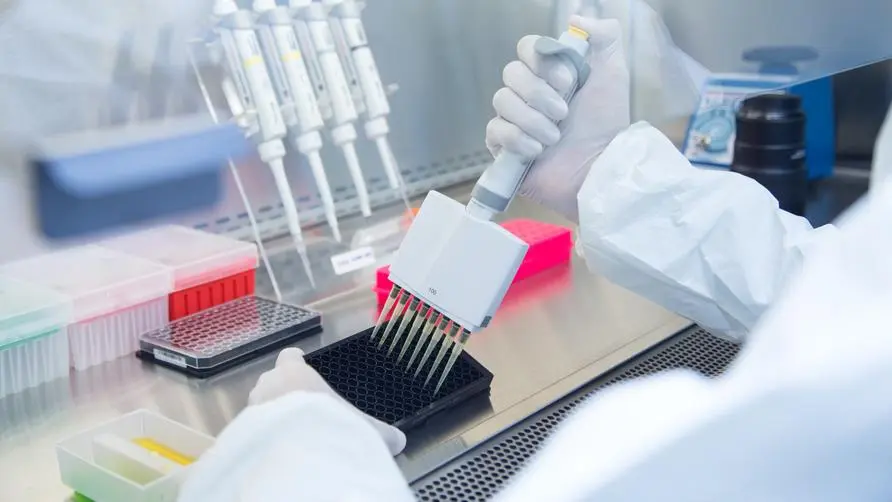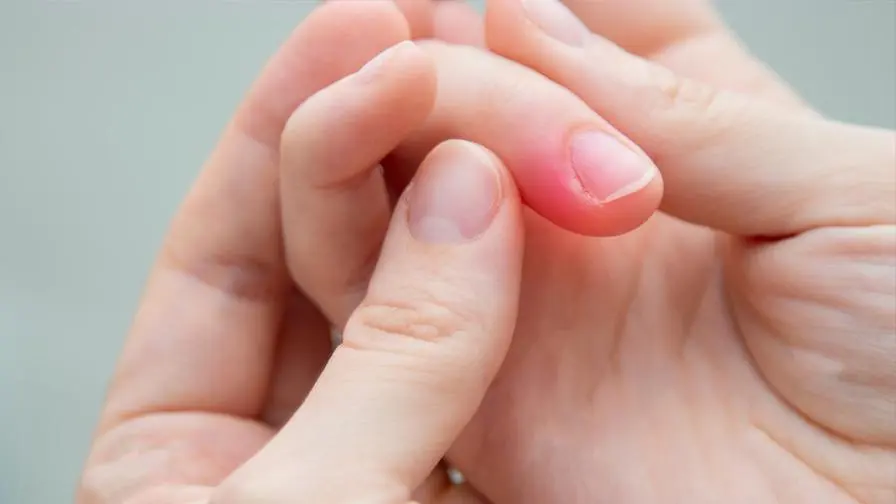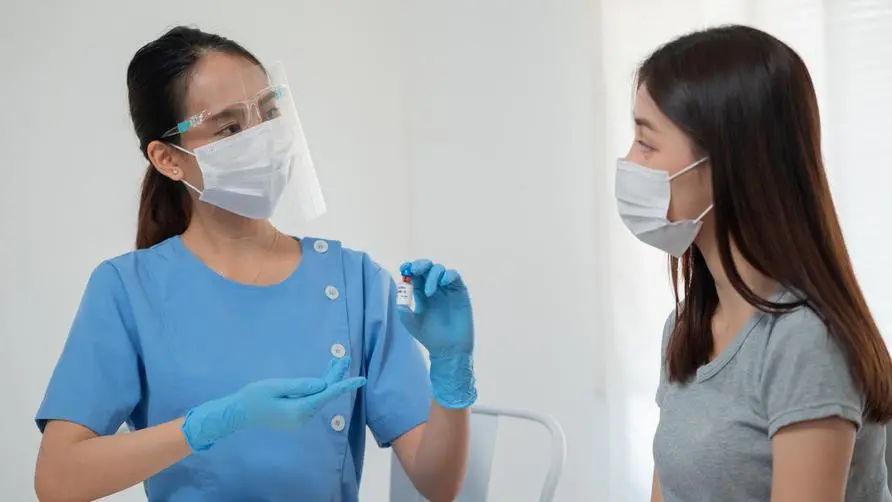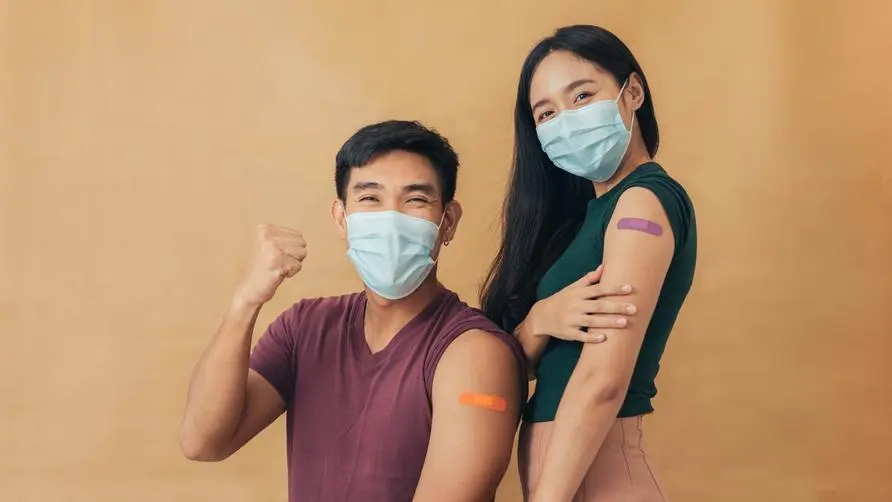Do I still need to get vaccinated if I get cauliflower? HPV virus is difficult to prevent, doctors urge: both men and women should get vaccinated

Do “Cauliflower” seek medical advice more after Valentine’s Day? What are the dangers of HPV being difficult to prevent?
Are cauliflower infection cases increasing after Valentine’s Day? Dr. Gu Wenwei, director of the Department of Infectious Diseases at Taipei City Hospital Heping Renai Branch, pointed out that HPV (human papillomavirus) has many viral types and is commonly found in the environment. Many of them manifest themselves as “viral warts” caused by infecting the skin. But the so-called “cauliflower” is indeed transmitted through genital or anal contact.
Dr. Gu Wenwei said that HPV viruses not only infect skin and cauliflower, but some highly carcinogenic virus types may be related to cervical cancer, anal cancer, and throat cancer. The current standard treatment for cauliflower is to treat the lesions. If the lesions are located on the outside and the area is small, topical ointments can be used. If the infected area is difficult to access, or is located in a special location (such as the urethral opening), and is large and numerous, it is recommended to treat it with excision or electrocautery.
In addition, the risk of recurrence should also be paid attention to when infected cauliflower. Dr. Gu Wenwei reminds that HPV vaccination can reduce the chance of recurrence. Even if you have been infected with cauliflower, vaccination is still recommended after completing treatment. Since cauliflower is difficult to prevent and is transmitted through sexual contact, we would like to remind everyone who has sexual intercourse, regardless of gender or age, to get the HPV vaccine early to prevent infection and protect themselves and their partners.
To prevent invasive cervical cancer, both men and women should get the HPV vaccine
HPV is also one of the culprits of cervical cancer. According to the WHO, HPV types 16 and 18 account for about 70% of cervical cancers. The virus can be transmitted from men to women through sexual intercourse.
Dr. Gu Wenwei recommends that in addition to vaccination, women should also undergo regular cervical smear screening, which can help detect cervical precancerous lesions and reduce the chance of invasive cervical cancer caused by HPV infection.
“You can see cauliflower, but you can’t see cervical cancer, but it’s basically caused by viruses like HPV, so it’s important to get vaccinated.” Dr. Gu Wenwei emphasized that some viruses in HPV are high-risk cancer-causing viruses. , it is now recommended that in addition to women, men can also receive the HPV vaccine to reduce the risk of infection and cancer.





